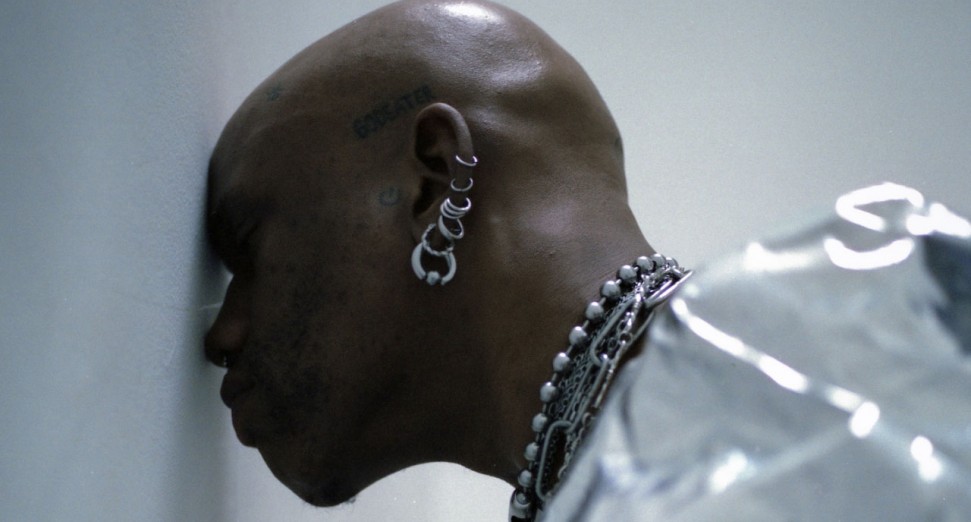
Music can help reduce symptoms of depression in people with dementia, study reveals
Music can help reduce the symptoms of depression in people with dementia, according to a study by the charity Music for Dementia.
The organisation campaigns to make music accessible to everyone living with the degenerative condition. Two separate studies found a notable improvement in the cognitive functions of participants engaged in music therapy compared to those that were not.
One of the projects noted 54% of those taking part in choir-based music therapy experienced a reduction in depressive symptoms. Meanwhile, the quality of life score also increased, by 57%. Another investigation saw that music therapy significantly increased speech content and fluency in 20 patients living with dementia.
John Sharpe was diagnosed with dementia six years ago, and believes the music therapy he attends at The Derbyshire Stroke & Neuro Therapy Centre is having a positive impact: “Music is my memories. It makes me remember the bands I saw long ago, such as Queen at Earls Court in 1982 and Bowie in Manchester. I really enjoy talking to my friends here about music and bands, it’s so good to remember them together.
Music for Dementia and the National Academy for Social Prescribing are now making new funding available to roll out music therapy initiatives to more people suffering from the condition.
Recipients include the nationwide Musica Music and Wellbeing CIC, The Derbyshire Stroke & Neuro Therapy Centre (also covering parts of Yorkshire), Lowestoft arts and community centre The Seagull Theatre, and Saffron Hall Trust, which works in partnership with the Cambridge Institute of Music Therapy Research at Anglia Ruskin University.
The University of Utah has previously reported similar findings in terms of music being used to help combat the effects of dementia. Meanwhile, the correlation between music and good mental health has long been understood. In July, we reported on how 57% of Britons reported music helping them to cope with lockdown.



